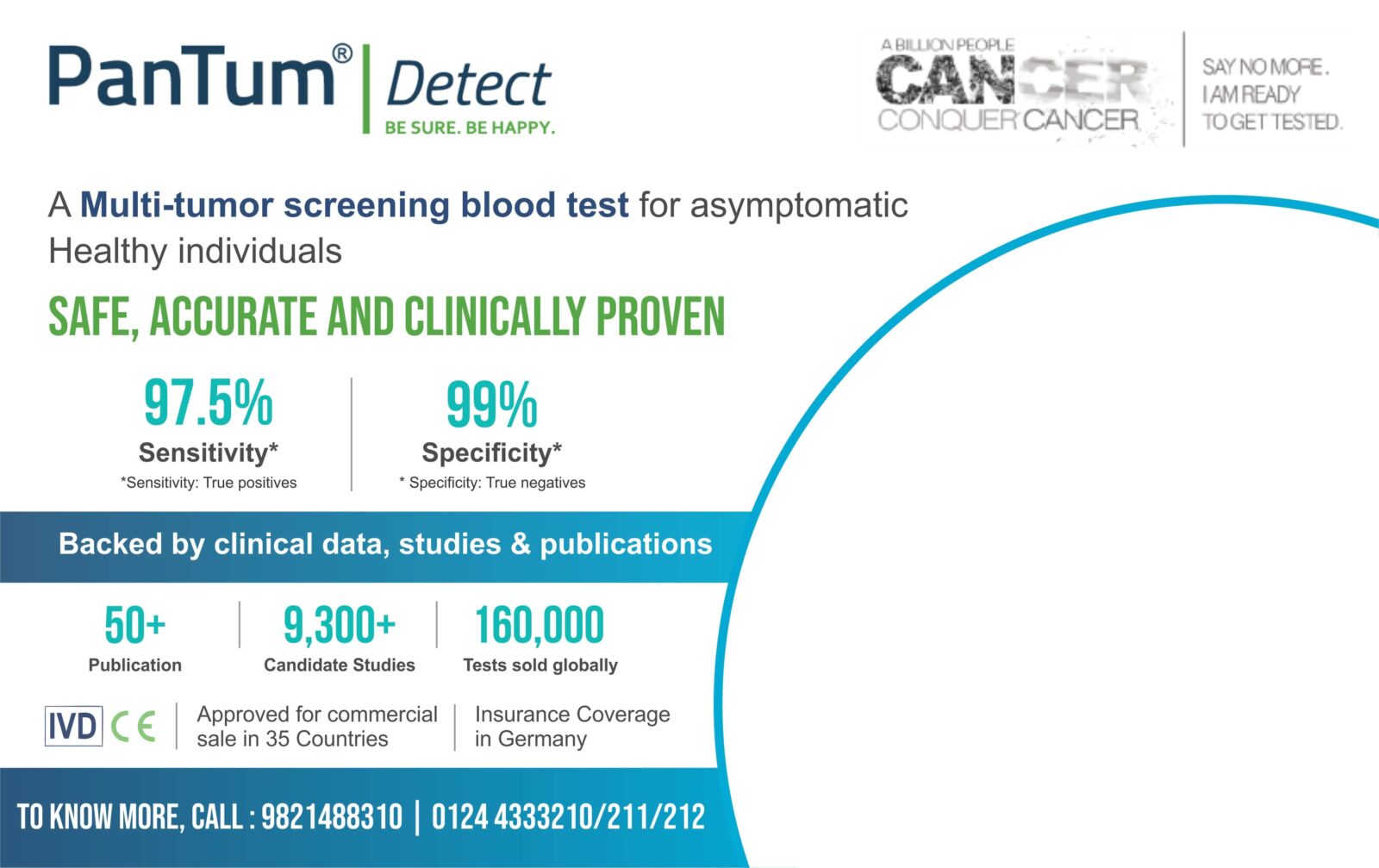
What to Expect When Having Chemotherapy
It is normal to feel worried or overwhelmed when you find out that you will receive chemotherapy. The information in this article can help you prepare for your first treatment.
Your chemotherapy team
If you need chemotherapy, a team of highly trained medical professionals will work together to give you the best possible care. Your team may include the following people:
Medical oncologist. This is a doctor who specializes in treating cancer with medication. Your oncologist works with other team members to develop your treatment plan. He or she is also in charge of your chemotherapy treatments.
Oncology nurse. An oncology nurse cares for patients with cancer, including giving chemotherapy. He or she answers questions and helps support you and your family. Your nurse also helps keep track of your health during treatment. This can include managing any side effects.
Other health care professionals. Other team members include pharmacists, social workers, nutritionists, physical therapists, and dentists.
Before you start chemotherapy
Meeting with your oncologist. Before you start chemotherapy, you will meet with your medical oncologist. He or she will review your medical records and do a physical examination. You will also have tests done to help plan treatment. Your exact treatment depends on:
- The type, size, and location of the cancer
- Your age
- Your general health
- Other factors that are different for each person
Most chemotherapy treatments are given in repeating cycles. The length of a cycle depends on the treatment being given. Most cycles range from 2 to 6 weeks. The number of treatment doses scheduled within each cycle also varies depending on the drugs being given.
For example, each cycle may contain only 1 treatment on the first day. Or, a cycle may contain more than 1 dose given weekly or daily. After completing 2 cycles, a re-evaluation is often done to make sure the treatment is working. Most people have several cycles of chemotherapy. Or the treatment cycles may continue for as long as the chemotherapy works well.
Giving permission for chemotherapy. Your doctor will talk with you about the risks and benefits of chemotherapy. If you choose to have it, your team will ask you to sign an informed consent form. Signing the informed consent form means:
- You give written permission for treatment.
- Your team gave you information on your treatment options.
- You choose to have chemotherapy.
- You understand that the treatment is not guaranteed to give the intended results.
Eating food and taking medicines with chemotherapy. Your team will tell you what to eat, drink, or avoid on chemotherapy days so the treatment will work best. Tell your doctor about any prescription and non-prescription medicines you take. This includes vitamins and other supplements, such as herbs.
Questions to ask before chemotherapy starts
Before chemotherapy starts is a good time to ask questions. These may include:
- Learning more about the schedule and side effects of your specific treatment
- Getting after-hours contact numbers for your doctor or nurse
- Where you will receive treatment, such as the specific building and floor
Planning for your chemotherapy treatments
Preparing for side effects. Depending on the most common side effects of your chemotherapy, your doctor may recommend planning for nausea and vomiting, hair loss, reproductive issues, and other side effects.
An important part of cancer care is relieving side effects. This is called palliative care, or supportive care. It is important to talk with your health care team about the specific side effects you experience and the best ways to manage and treat them.
Getting help with finances and work. Before chemotherapy starts, you may want to:
- Contact organizations that can provide financial assistance. This could be important if your insurance does not cover the whole cost of treatment.
- Talk with your employer to arrange time off work for treatment and recovery.
During treatment
Chemotherapy can be given through a needle into a vein. This is called intravenous or IV chemotherapy. It can also be available through pills that you take by mouth. This is called oral chemotherapy. Or, it can be given as a medication you put on your skin, called topical chemotherapy.
What happens on your first day of IV chemotherapy
You may want to bring a friend or family member on your first day of treatment. This person can support you and help you remember information. You may also bring items, such as an MP3 player, DVDs, books, or a blanket, to make your treatment time more comfortable.
Before your IV chemotherapy starts, you will:
- Meet the nurse or other health professionals who will give it
- Have a short physical exam to check your blood pressure, pulse, breathing, and temperature
- Have your height and weight measured to find the right doses of chemotherapy
- Have an IV tube put in your arm
- Have a blood sample taken
- Meet with your oncologist. He or she will check your health and the results of your blood tests and order the chemotherapy.
Giving chemotherapy with a port
Before your first appointment, you might have minor surgery to put in a port. This is a round metal or plastic disk that the IV goes in during treatment. With a port, your nurse does not need to find a vein to put the IV in for every treatment.
How long does IV chemotherapy take?
Your IV chemotherapy can take minutes, hours, or several days if you have continuous infusion chemotherapy. You do not need to stay at the hospital or clinic for continuous infusion. The nurse will give you medication to prevent side effects such as nausea or possible allergic reactions. Then you get your chemotherapy medications.
To get the full benefit of chemotherapy, it is important to follow the schedule of treatments recommended by your doctor.
After your IV chemotherapy
After your treatment is finished, the nurse or another team member will take out your IV. If you have a port, it will stay until you finish all of your treatments. The nurse will check your blood pressure, pulse, breathing, and temperature again.
Your oncologist or nurse will also talk with you again about side effects. They will give you medication, tips to manage side effects, and other tips. These may include:
- Avoiding being around people with colds or other infections. Chemotherapy weakens your body’s immune system, which helps fight infections.
- Drinking lots of fluids for 48 hours after chemotherapy. This helps move the drugs through your body.
- Making sure to get rid of all your body fluids and waste after chemotherapy. For example, flush the toilet twice after using it. This is important because the medication stays in your body for about 48 hours after treatment. It could harm healthy people in your home. Body fluids and waste include urine, bowel movements, vomit, semen, and fluid from the vagina.
Your medical team can tell you what activities to do or avoid on treatment days.
Before you leave your first treatment, ask for the phone number of the office and your oncologist’s answering service. Call your doctor with any questions or concerns.
Related Resources
When to Call the Doctor During Cancer Treatment
More Information
Chemocare.com: Preparing for Chemo Treatments











